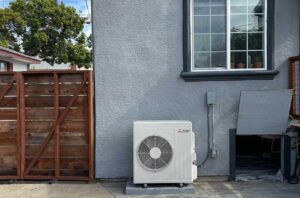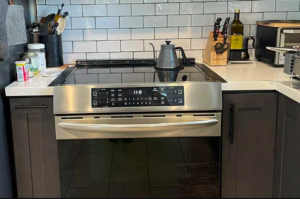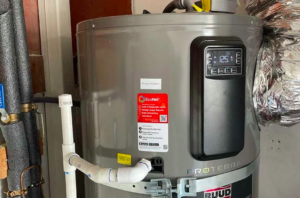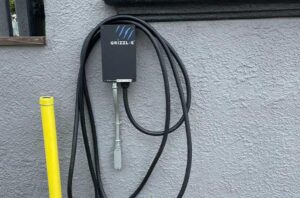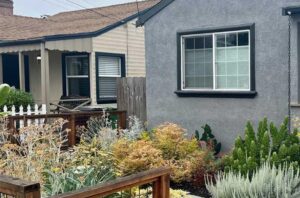The purpose of the California Climate and Energy Collaborative (CCEC) is to support local governments to save energy, reduce greenhouse gas emissions, and accelerate climate action by building knowledge and networks amongst local government practitioners. This 2023 CCEC annual report summarizes and reviews the progress we’ve made in doing so over the last year.
Resource Library


